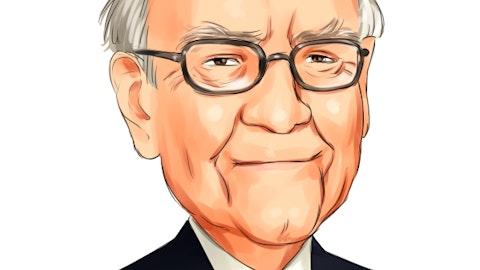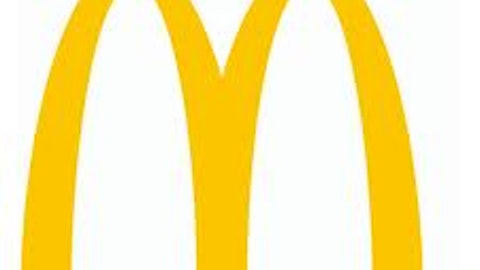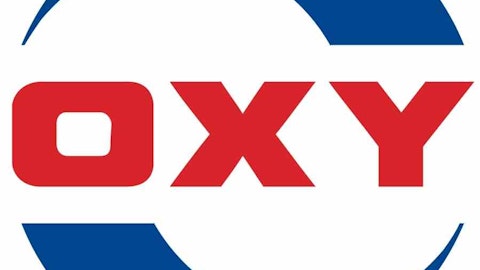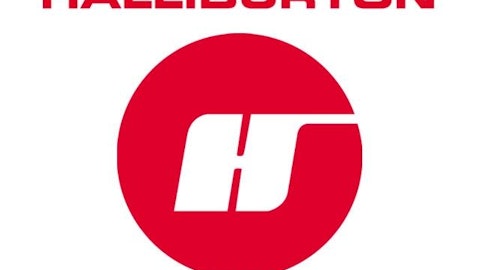Economic theory suggests that investors should diversify their market exposure in order to avoid being severely harmed by company-specific events. One application of the principle of diversification is that company insiders should avoid buying shares in the company, except on occasions when they are very confident in its prospects. As a result, it’s no surprise that studies show that stocks bought by insiders tend to outperform the S&P 500 (learn more about studies on insider trading). This is why, in addition to developing investment strategies based on hedge fund filings (read more about our hedge fund strategies), we keep track of significant insider purchases (generally, those where the insider has invested $50,000 of their own money or more). Here are five stocks that insiders have purchased in the last few days, buying about $50,000 or more in stock in doing so:
Yum! Brands, Inc. (NYSE:YUM) Board member Robert Walter purchased 35,000 shares on February 6th at about $62 per share. Yum is coming off a quarterly report in which it issued poor guidance for 2013, which sent the share price down; Walter may have believed that the market overreacted, particularly as Yum expects earnings growth to resume next year and long term it does have a potentially attractive market position in China. Yum was one of the most popular restaurant stocks among hedge funds in the third quarter of 2012 (see more restaurant stocks hedge funds love). When we looked at the stock we were skeptical of the bullish case, and think it’s best to wait to see how it does later this year.
A Board member at meat producer Tyson Foods, Inc. (NYSE:TSN) bought 10,000 shares at an average price of $23.37 per share. Cliff Asness’s AQR Capital Management was one of the hedge funds buying shares of Tyson during the third quarter of 2012, closing September with 3.8 million shares in its portfolio (check out more stock picks from Cliff Asness). Tyson trades at 14 times trailing earnings, and reported earnings growth of over 10% last quarter compared to the same period in 2011. As a result we think that Tyson and some of its peers are good value prospects (compare Tyson to its peers).
One gaming company’s CEO was buying stock:
The CEO of Bally Technologies Inc. (NYSE:BYI), a $2 billion market cap gaming equipment and operations company, was another insider buying up his company’s stock. The stock is higher today on the news that the state of New Jersey may legalize Internet gambling, and possibly also building off the recent report of double-digit growth rates of both revenue and earnings in its most recent quarter versus a year earlier. At a trailing earnings multiple of 17, the market does not seem to be expecting much additional growth and so Bally could a good value if its strong performance continues. Empyrean Capital Partners reported a position of 1.9 million shares at the end of September.
Multiple insiders have been buying shares of Computer Programs & Systems, Inc. (NASDAQ:CPSI); consensus insider purchases are a particularly bullish signal. Computer Programs & Systems is a provider of healthcare information technology and has a market capitalization of about $540 million (with about 90,000 shares traded per day and a stock price of $49, there is plenty of dollar volume). The company is another growth player, with net income rising 39% in the fourth quarter of 2012 from its levels in Q4 2011, and another company where the market seems to expect a sharp slowdown given the trailing P/E of 18.
David Mendels, the COO of online video company Brightcove Inc (NASDAQ:BCOV), bought 7,700 shares at prices under $6.50 per share. Brightcove is another smaller-cap stock but once again we get daily dollar volume of over $3 million based on that stock price and an average daily volume of about 470,000 shares. Brightcove is unprofitable on a trailing basis, is expected to remain unprofitable this year, and is projected to report only 2 cents per share of earnings in 2014. We think that it is too speculative to consider as a value stock, even with a high growth rate on the top line.
Disclosure: I own no shares of any stocks mentioned in this article.






